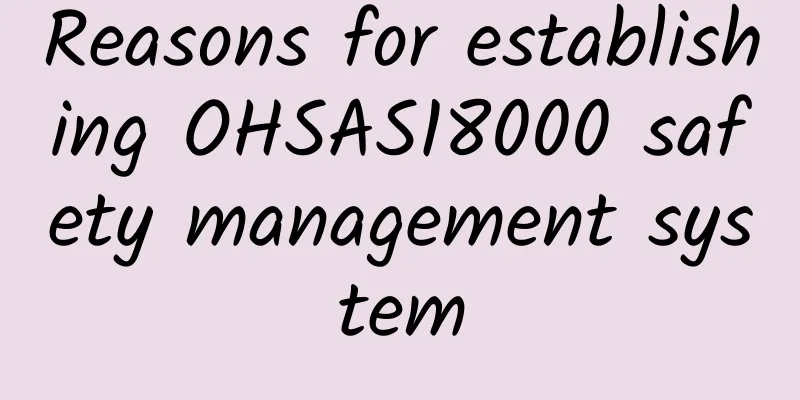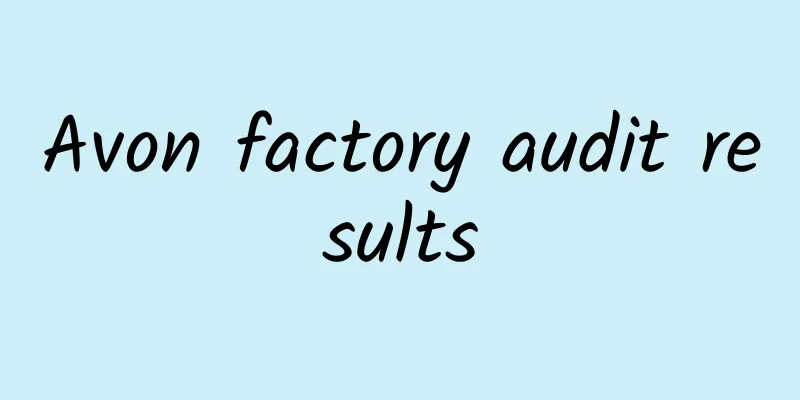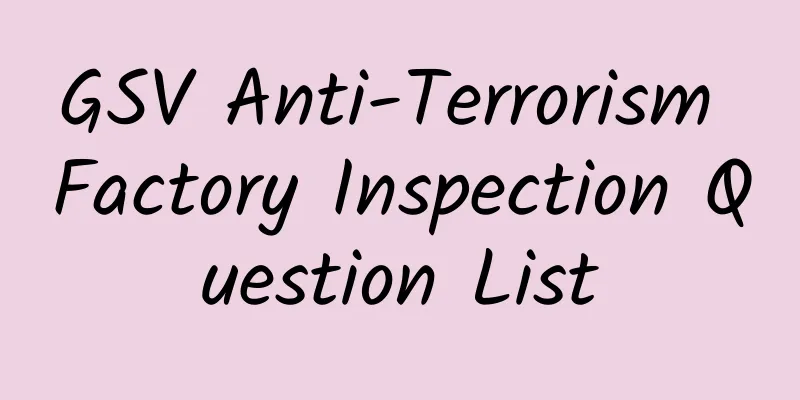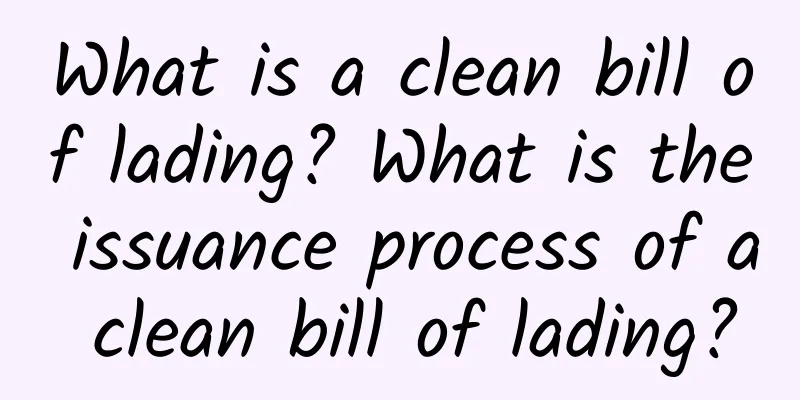The difference between SEARS and K-MART factory inspections and regular factory inspections
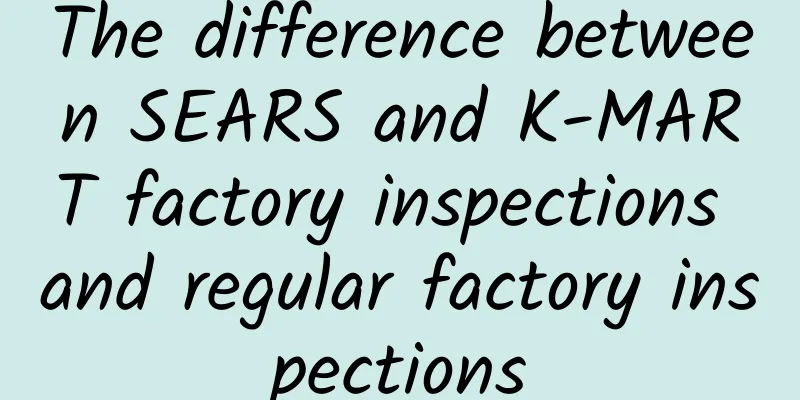
|
1. Differences between SEARS and K-MART factory inspections: K-MART's social responsibility audit is called ESC audit (ETHICAL SOURCING CODE OF CONDUCT), which is the ethical purchasing code of conduct. K-MART factory inspection results are usually divided into four categories: red, orange, yellow, and green. If you get a red light, it will be troublesome and you will definitely not pass. It is basically impossible to get a green light. The SEARS factory inspection results are divided into several types: passed, passed with problems, trial, needs improvement, terminated, etc. The following are the main contents of K-MART factory inspection for reference: Kmart is committed to operating and managing our business in a manner that reflects our high ethics and values. We expect our suppliers to respect and abide by the same philosophy as Kmart in their business operations and management, and we also reserve the right to terminate cooperation with suppliers who are unwilling to share and accept responsibility. Our Ethical Sourcing Code (hereinafter referred to as the "Code") sets out our minimum requirements and expectations: All suppliers, including subcontractors employed by suppliers, must comply with the Code as the basis for cooperation with Kmart and its subsidiaries. In addition to complying with local laws and regulations, suppliers and their subcontractors (hereinafter referred to as "factories") must continuously improve the requirements in the following standards. 1. Labor 6. Follow our ethical purchasing guidelines
We often receive inquiries from customers about the human rights factory audit of SEARS/K-MART. In particular, many customers have repeatedly encountered major problems in the SEARS/K-MART audit, such as attendance records not matching on-site production records, etc., which require re-audit. Moreover, if such opaque problems occur three times in a row, they will be frozen by the customer and will not be allowed to accept new orders. In fact, these factories have not figured out the special requirements of the customer at all: 1. The client particularly emphasized the transparency of salary and attendance records. Many factories were completely unaware of this requirement and worked behind closed doors, providing documents that were obviously too watered down. As a result, the auditors immediately saw through the problem and there were serious problems with inconsistent records. We believe that the most important thing for a customer's factory inspection is to study the customer's standards. If you use the same method to deal with each customer, the result will definitely be tragic. |
<<: BSCI Supplier Audit Procedure
>>: Eight Misunderstandings about Corporate Social Responsibility
Recommend
What is Cobone? What are the advantages of Cobone?
What is Cobone? Cobone is a group buying website ...
Timberland Timberland Factory Inspection Document List
Timberland Timberland Factory Inspection Document...
The "plastic restriction order" has been upgraded! By 2024, France will ban the use of disposable plastic packaging
Today, global sustainable development is at a new...
[eBay Newbies] Detailed Explanation of eBay Duplicate Listing Rules and Policies
Duplicate listings are a mistake that many novice...
What is Storenvy? How to get store traffic with Storenvy
Storenvy is a San Francisco startup. It is a mash...
Poccupine — Borderless Payment Gateway
What is Poccupine? Poccupine is an international ...
inkFrog--ebay management tool
What is inkFrog? inkFrog is a tool that helps sel...
Shopee seller store management, setup, and decoration
1. Shopee/" target="_self">Shop...
Timberland_Timberland factory audit procedures and methods
Timberland_Timberland factory audit procedures and...
HiggFEM 2021 Annual Report
Today we are going to talk about the HiggFEM 2021...
Common electrical safety issues and solutions during BSCI factory audits (I) Using flammable wood products in distribution boxes
Problem phenomenon: The distribution box uses fla...
How to handle eBay buyers automatically canceling transactions
ebay/" target="_blank"> eBay pl...
What is Meltwater? What can Meltwater do?
Meltwater can provide comprehensive media monitor...
What is Oberlo like? What are the features of Oberlo?
What about Oberlo? Oberlo is a popular Dropshippi...
How is Kingoma Software? What products and services does Kingoma Software have?
How about Jingoma software? Shanghai Jingoma Soft...





